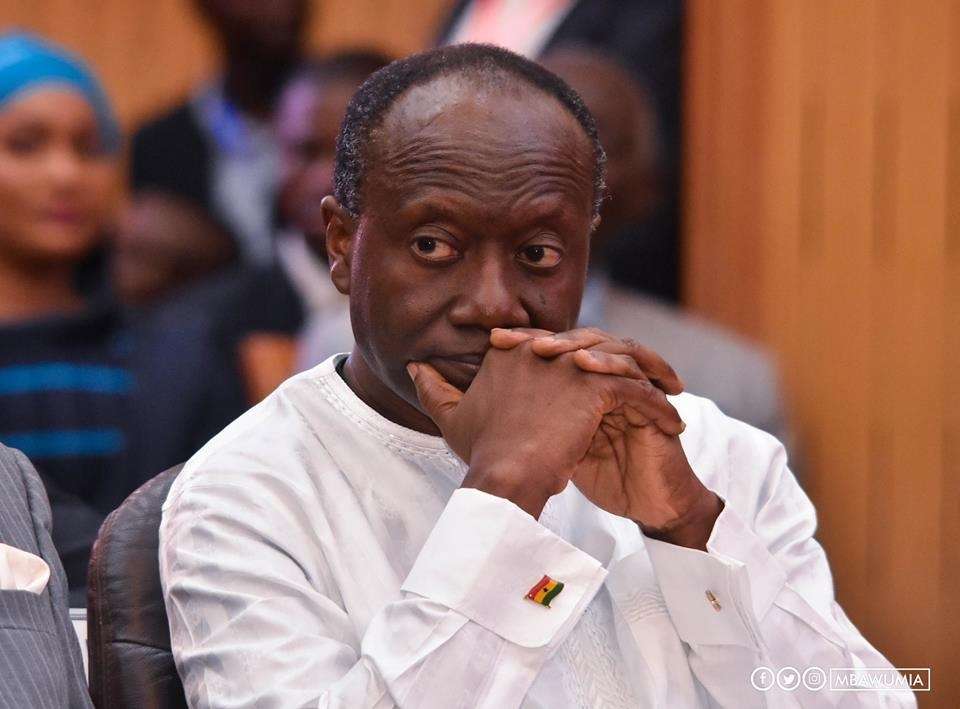The Economist Intelligence Unit has forecasted Ghana’s economy to experience a significant slowdown in 2023, predicting a 1.3% expansion of the economy.
This is below the projections by the World Bank and the International Monetary Fund, indicating that the country may be facing significant economic challenges.
The report suggested that rising prices and monetary tightening will weigh on private consumption and investment, leading to reduced government spending.
However, the report disclosed that growth will remain subdued in 2024 as tightening continues, with an uptick in gold and oil exports earnings, driving growth in 2025-27 as new projects come on stream.
“Growth will slow to 1.3% in 2023, as a cost-of-living squeeze, public spending cuts and monetary tightening by the BoG will cause domestic demand to contract for the first time since 2014.
“Reduced consumption and sustained cedi depreciation will, however, help to boost net exports, the sole growth driver in 2023 and the main factor behind our growth forecast of 2.3% for 2024.”
Economist Intelligence Unit
The report also highlighted that macroeconomic instability and a public debt crisis will weigh on Ghana’s business environment and its ambitions to become a West African trading hub.
A weak regional regulatory environment, poor transport links, and low foreign trade, except in commodities, are expected to hamper progress.
The EIU further noted that it expects the government to remain committed to fiscal consolidation in 2023-27, in a bid to bring the public finances and debt back onto a sustainable path, underpinned by an International Monetary Fund programme.
The 2023 budget includes measures to both widen the tax net and extend spending cuts.
In line with EIU expectations, in mid-April 2023, President Akufo-Addo assented to three new revenue-raising bills: the Income Tax Amendment Bill, the Excise Duty Amendment Bill and the Growth and Sustainability Amendment Bill.
EIU emphasized that the bills will boost revenue over the forecast period, helping to shrink the fiscal deficit to 7.1% of GDP in 2023 (from an estimated 8.3% of GDP in 2022) and steadily to 4.4% of GDP in 2027.
The UK based firm stressed that “despite revenue mobilization measures in the 2023 budget including the reintroduction of road tolls, a 2.5 percentage-point rise in the value-added tax (VAT) rate, to 15%, and an increase in excise duties in a slowing economy will keep revenue/GDP ratio below potential in 2023″.

However, the report concluded that quickening economic growth will push up the ratio in 2024-27. Increasing administrative efficiency under IMF guidance will also boost revenue in 2023-27, as will an increase in the trade tax take in 2025-27, driven by rising gold and oil output.
IMF Board Approval To Be Delayed Due To Prolonged Debt-Restructuring Negotiations
Meanwhile, the Economist Intelligence Unit (EIU) has projected Ghana’s economic recovery to face further delays as the International Monetary Fund (IMF) board approval for its support program is at risk of being delayed due to prolonged external debt-restructuring negotiations, given the involvement of multiple stakeholders in the process.
According to the EIU 2023 Country Report on Ghana, the UK based firm said it expects Ghana to secure restructuring agreements on its public external debt during 2023-2024, involving official and private creditors alike.
This, as indicated by EIU, will include a combination of write offs, maturity extensions and reductions in interest rates.
“We expect official creditors to agree to a deal in 2023, and this, combined with the domestic debt restructuring that has already been secured, should provide enough reassurance to reduce Ghana’s risk of debt distress and allow the IMF to approve the agreed programme.
“However, there is a material risk that IMF board approval will be delayed owing to prolonged external debt-restructuring negotiations, given the involvement of multiple stakeholders in the process.”
Economist Intelligence Unit (EIU)
Read also: EBID Board of Governors Re-Appoints Dr Donkor for the Second Term as President





















